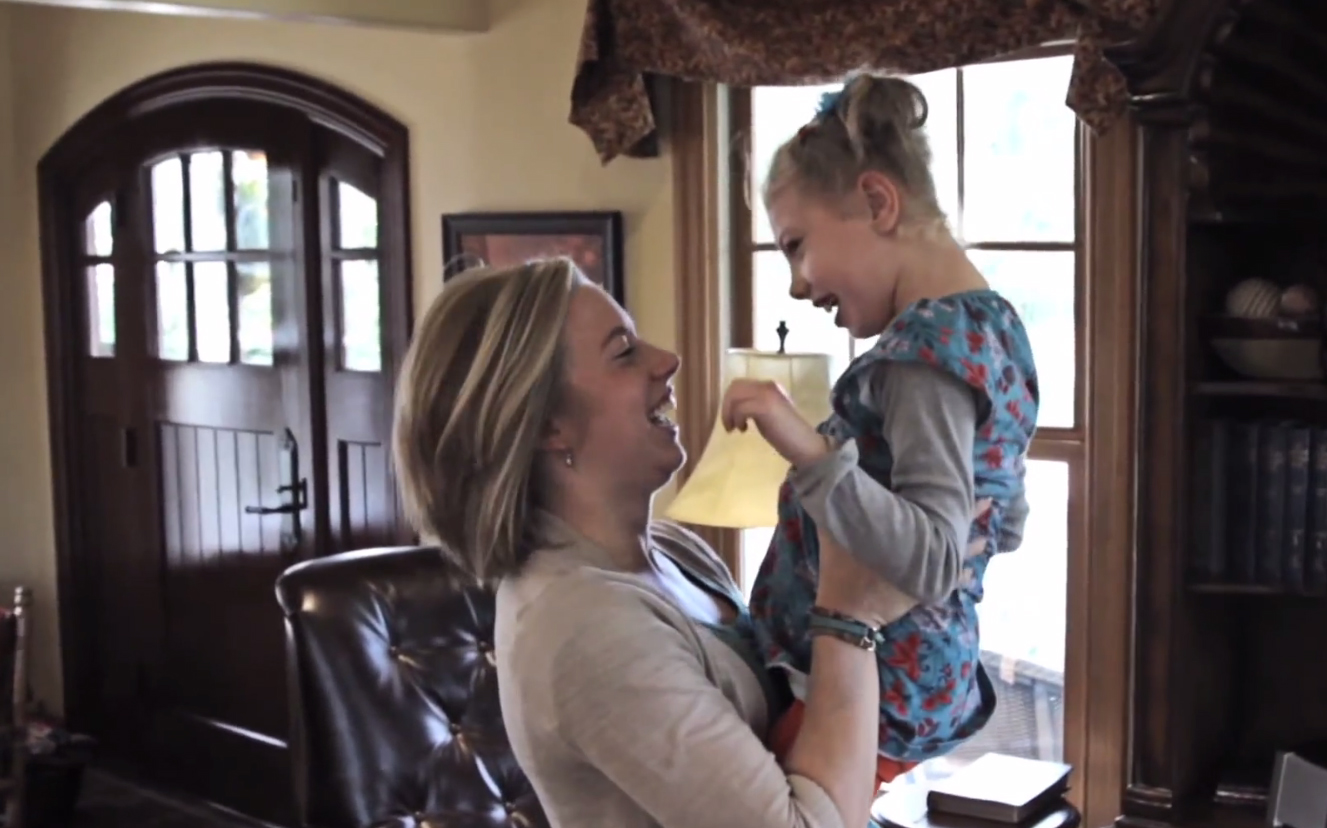Last fall, the Calvin Public Relations Organization (CPRO) participated in a pilot program hosted by the Ford Motor Company with the goal of creating a video and PR/social media campaign that portrayed how people “go further” in their everyday lives.
Ford approached Calvin College through Denny Cuson, the head of the Center for Emerging Enterprises in Grand Rapids, as well as Calvin public relations specialist Phil de Haan, with the offer to participate in the pilot program.
“Denny was the point man in town and he contacted Grand Valley, Compass Arts and Calvin,” said de Haan. “We saw this as a great opportunity. This project seemed like it would be a really good fit for CPRO.”
“The opportunity kind of just fell into our laps,” said Lori Dykstra, a senior at Calvin who worked on the project.
The project was to create a two to three minute video as well as a two-week PR/social media campaign to promote their video with the stipulations being that the subject had to own a Ford vehicle or be the employee of Ford Motor Company.
“I mean, everyone’s inspirational but not everyone has a Ford,” said Dykstra. “So, we had to call people up and be like, ‘Do you own a Ford? Okay, never mind, bye.’”
The Calvin team, consisting mainly of Dykstra, Kara Venema, Kayla Danahy and Brad Feltz, made a video about fellow student Hannah Kwekel and her little sister, Grace, who has special needs.
“A lot of the examples that they showed us were these big powerful stories,” said Dykstra, “but we decided to choose a smaller story that had a more relatable feel to it because it was a Calvin student.”
The goal was to hit certain view benchmarks. Ford and Team Detroit gave goal numbers of views for the teams to attain, and a certain monetary value was associated with each number of views.
“For the first 500 views, you get this amount of money and then when you get to 1,000 you get this much and so on. That was for every team. So in that sense it wasn’t really competitive but the video with the most views won an extra amount of money,” said Dykstra.
The students gained real life experience with big companies and learned the implications of that.
“I think the students realized that with big corporations like Ford, it’s always a moving target,” said de Haan. “So you think you’ve got a date or a deadline, and then you have to shift a little bit. By the time it was all said and done, the students only had about three weeks to pull this whole project together.”
“There were some parts that were unorganized because it was a pilot and they had some things to iron out,” said Dykstra.
Fellow participant Kayla Danahy echoed the sentiment. “There were so many companies involved; at times, communicating was hard.”
Professor de Haan was pleased with the way it turned out.
“They did a great job,” he said. “Considering they only had three weeks they did really well.”
Dykstra agreed but with a certain amount of reservations. “We all think that if we had had a little more time to do it, it could have been better, but we’re really happy with how it turned out.”
The campaign was also an opportunity for the students to network and get connected, gathering phone numbers and email addresses of people that can help them once they graduate.
The Ford Motor Company was pleasantly surprised. According to Professor de Haan, “This project exceeded their expectations. The student videos were better than what they thought they would be.”
“All the students who worked on that project were really good students,” he said. “They’re smart, they’re sharp and they did not need a lot of guidance. They were able to really take the ideas and run with them.”








